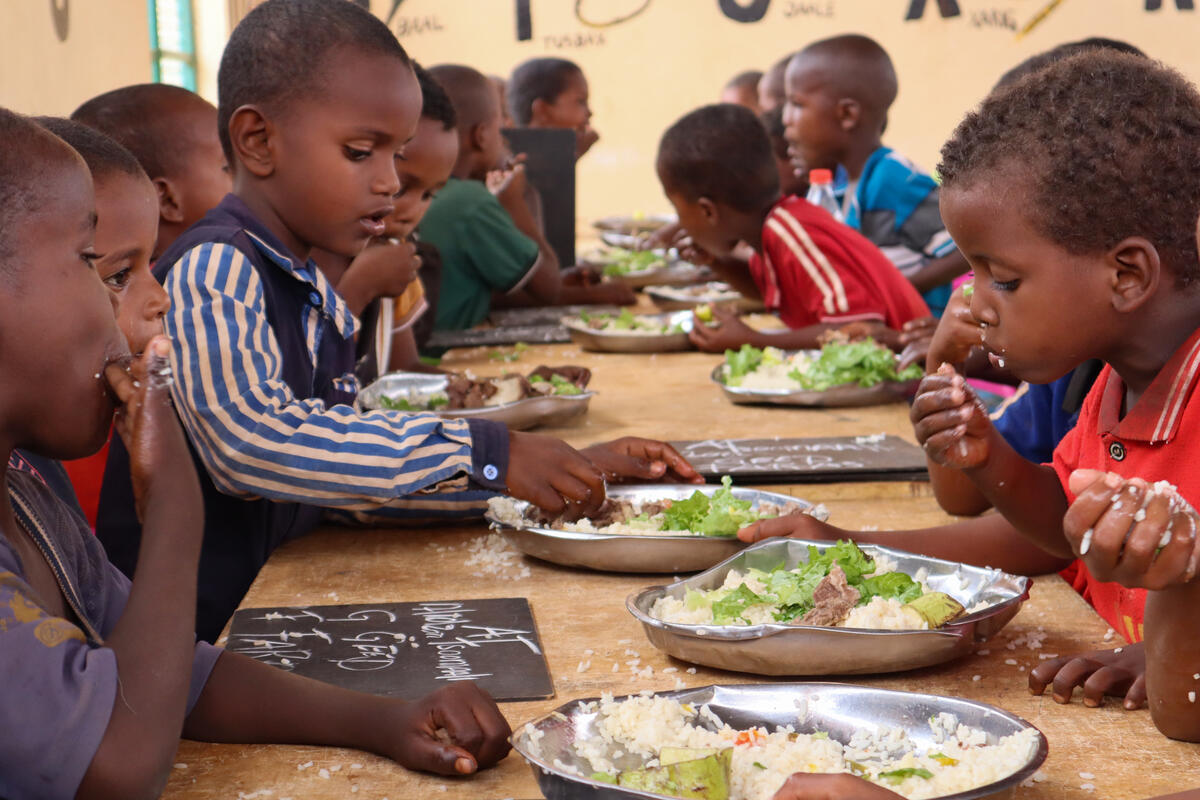
November 20 is Black Awareness Day in Brazil, the date on which Zumbi dos Palmares, a symbol of the struggle for the liberation of black people during slavery, died in 1695. The date is an opportunity to remember the challenges to be overcome related to the black population and racism, mainly the ones related to access to healthy and nutritious food.
Black people are, in greater proportion, among individuals in poverty and extreme poverty and, consequently, have less decision-making power for food choices. Moreover, many have difficulty in accessing food of better nutritional quality and in sufficient quantity. In Brazil, the black population leads the indices of serious food and nutritional insecurity and, as pointed out by the PENSSAN Network data in 2022, hunger jumped from 10.4% to 18.1% among households headed by black and brown people.
The problems of part of the black population can also be seen in territorial terms. The favelas and communities in Brazil are made up of a significant number of black people and these places are concentrated in food deserts, regions where there is a low availability of fresh food in contrast to the high commercialization of ultra-processed food. This group of foods, formed by stuffed biscuits, instant noodles, snacks, processed juices, among others, has high concentrations of calories, salt, sugar and fats, besides being associated with the development of chronic diseases such as diabetes and hypertension. The black population, therefore, is more exposed to these health risks. Other groups of mostly black people who also experience difficulties eating are people living on the streets, quilombolas and riverside communities.
Gender issues within this group also need to be observed. On Black Consciousness Day this year, the UN Brazil launched the campaign UNA-SE, for the end of violence against women. The campaign highlights the multiple and aggravated forms of discrimination and violations of rights and violence against black women and girls.
Fighting food insecurity
School feeding programmes are important mechanisms for social protection and allow children from quilombola communities, for example, to have access to adequate, healthy food that respects cultural characteristics. As part of the South-South cooperation work of the WFP Centre of Excellence against Hunger Brazil, the Brazilian experience in this area has been shared with other countries around the world. Learn more in the publication on school feeding in quilombola communities.
Other actions of the WFP Centre of Excellence include combating food insecurity through the Nurture the Future project, which supports the strengthening of national public institutions and the nutrition and health sectors considered fundamental for the management of public policies on food and nutrition in partner countries such as Peru and Colombia. Read more.




